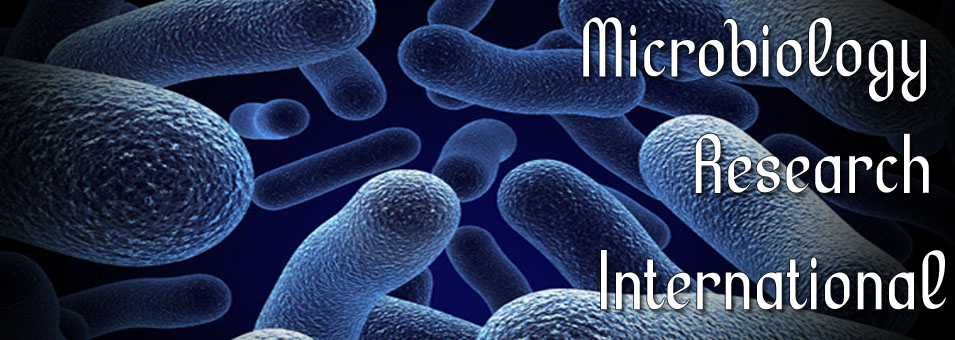Autoimmunity and immune tolerance: A review
Ebisa Mezgebu, Abde Aliy and Takele WorkuMicrobiology Research International
Published: May 18 2023
Volume 11, Issue 2
Pages 23-35
Abstract
The normal immune system has the capacity to react with different microbes. The immune system has the responsibility for identifying and executing proper responses to eliminate non-self-antigens and prevent the harmful response to self-antigens, which is known as immune tolerance. Immune tolerance refers to the unresponsiveness of the immune system toward certain substances or tissues that are normally capable of stimulating an immune response. It is important for normal immune balance, and failure or breakdown of that tolerance results in autoimmunity. Immune tolerance can be categorized into two, central and peripheral tolerance depending on the site it is initially enhanced. Peripheral tolerance can be carried out by different mechanisms such as induction of anergy, deletion, ignorance and regulatory T cells and others. Autoimmune disease is a condition that is triggered by the immune system inducing an attack on self-molecules due to the deterioration of immunologic tolerance to auto-reactive immune cells and it is traditionally divided as organ-specific or systemic. These autoimmune diseases are correlated with factors including genetic factors, sexual hormones, environmental factors, chemical agents and other factors to the animal. The autoimmune diseases can be prevented by the action of regulatory T cells and also treated by B cell-targeted therapy and Rituxan anti-CD20-mediated B cell depletion.
Keywords: Autoimmune diseases, autoimmunity, central and peripheral tolerance, self-tolerance.
Full Text PDF
